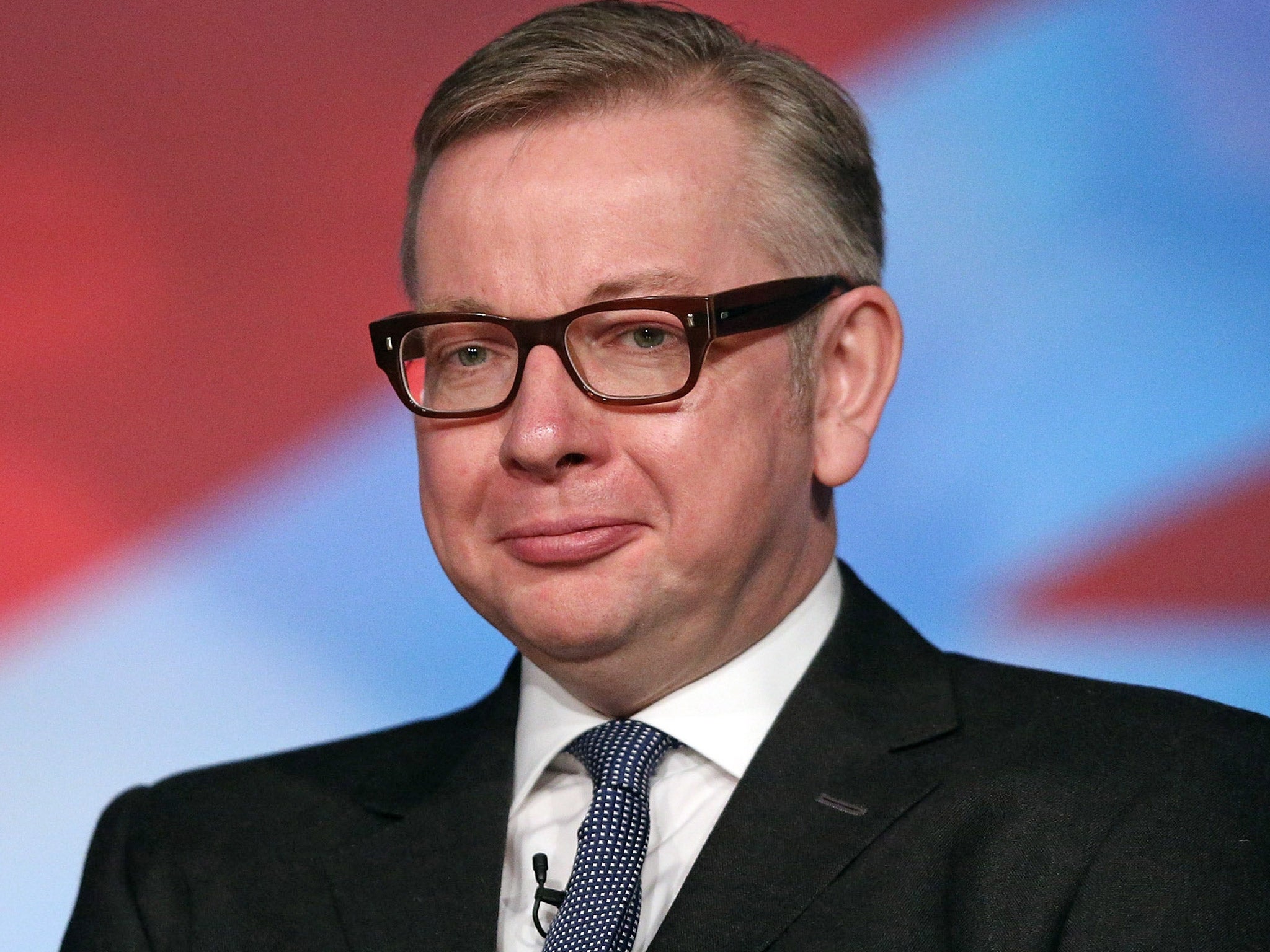Creationist sect among 100-plus faith applicants for free schools
Plymouth Brethren failed in bid – but one in four contenders have religious affiliations

Your support helps us to tell the story
From reproductive rights to climate change to Big Tech, The Independent is on the ground when the story is developing. Whether it's investigating the financials of Elon Musk's pro-Trump PAC or producing our latest documentary, 'The A Word', which shines a light on the American women fighting for reproductive rights, we know how important it is to parse out the facts from the messaging.
At such a critical moment in US history, we need reporters on the ground. Your donation allows us to keep sending journalists to speak to both sides of the story.
The Independent is trusted by Americans across the entire political spectrum. And unlike many other quality news outlets, we choose not to lock Americans out of our reporting and analysis with paywalls. We believe quality journalism should be available to everyone, paid for by those who can afford it.
Your support makes all the difference.More than 100 religious groups have applied to the Government to open one of its free schools, official figures have revealed for the first time.
They include the Plymouth Brethren – an exclusive religious sect which refuses to teach technology and preaches creationism – which has put in 14 applications to bring existing private schools they already run into the state sector. All the applications have been refused.
The figures show that 132 of the 517 applications to open free schools in the past couple of years have come from faith groups. These applications include 31 from Muslim groups.
The information emerged after the Education Secretary, Michael Gove, bowed to a ruling from the Information Commissioner to release the details of all applications – including whether they were for a faith school and of which denomination. Faith groups seeking to open their own schools included Jews, Hindus and Sikhs and Christians.
The British Humanist Association, which made the original Freedom of Information request for the details, said it believed the Government statistics underestimated the number of faith school applications. The association’s Richy Thompson said: “We believe the true number of religious schools is likely to be a third to 50 per cent higher than the data implies. This is because it only shows schools with a formally designated religious character and not those with a ‘faith’ ethos.”
However, he added: “We’re pleased that the Government has decided to release this information. We believe that the previous lack of transparency in this area represented a democratic deficit with the public being unable to know who was applying to set up schools with state funds until after those schools have already been backed by the Government to open.”
Up until now, ministers have only published details of successful free school applications – of which around one in four have been found to have a faith background.
In a letter to Information Commissioner Christopher Graham, Mr Gove said the reason he had not published details of applications in the past was because “some of the opposition to the programme has gone further than normal healthy debate”.
“We are aware of personal attacks on individuals who simply want to improve education standards and choice locally,” he said. “We have been told of instances where teachers have lost their jobs simply by virtue of their association with a free school application. One proposer even told us that they have been the subject of a death threat.
“It is because we wanted to protect public-spirited volunteers from intimidation that we fought against the ruling and appealed it all the way to a tribunal.”
Natalie Evans, of the New Schools Network, which was set up to help free school applicants with their applications, added: “This is disappointing. If just one group is deterred from setting up a great new school because of this, it is one too many.”
Sect apart: Plymouth Brethren
The Plymouth Brethren is a little-known, evangelical, conservative Protestant denomination which insists upon a rigid code of conduct based on Biblical teachings. They trace their origins to an evangelical reform movement that sprung out of Ireland in the early-1820s.
The nascent movement split in two in the 1840s. The most conservative adherents call themselves Exclusive Brethren and discourage members from integrating with mainstream society. Their counterparts tend to describe themselves as Open Brethren and are marginally more liberal.
Brethren tend to view the outside world as filled with wickedness and that only by remaining exclusive from the rest of society can they avoid sin. Pinning down exact numbers is difficult but there are thought to be around 43,000 worldwide with 16,000 in Britain.
Brethren tend to abhor modern technology and are known to preach creationism. The Charity Commission recently denied a group of Plymouth Brethren charitable status because of the church’s doctrine of separation from society and the “insufficient evidence of meaningful access to public worship”. The church appealed the decision to the charity tribunal. The case is to be heard in March.
Jerome Taylor
Join our commenting forum
Join thought-provoking conversations, follow other Independent readers and see their replies
Comments